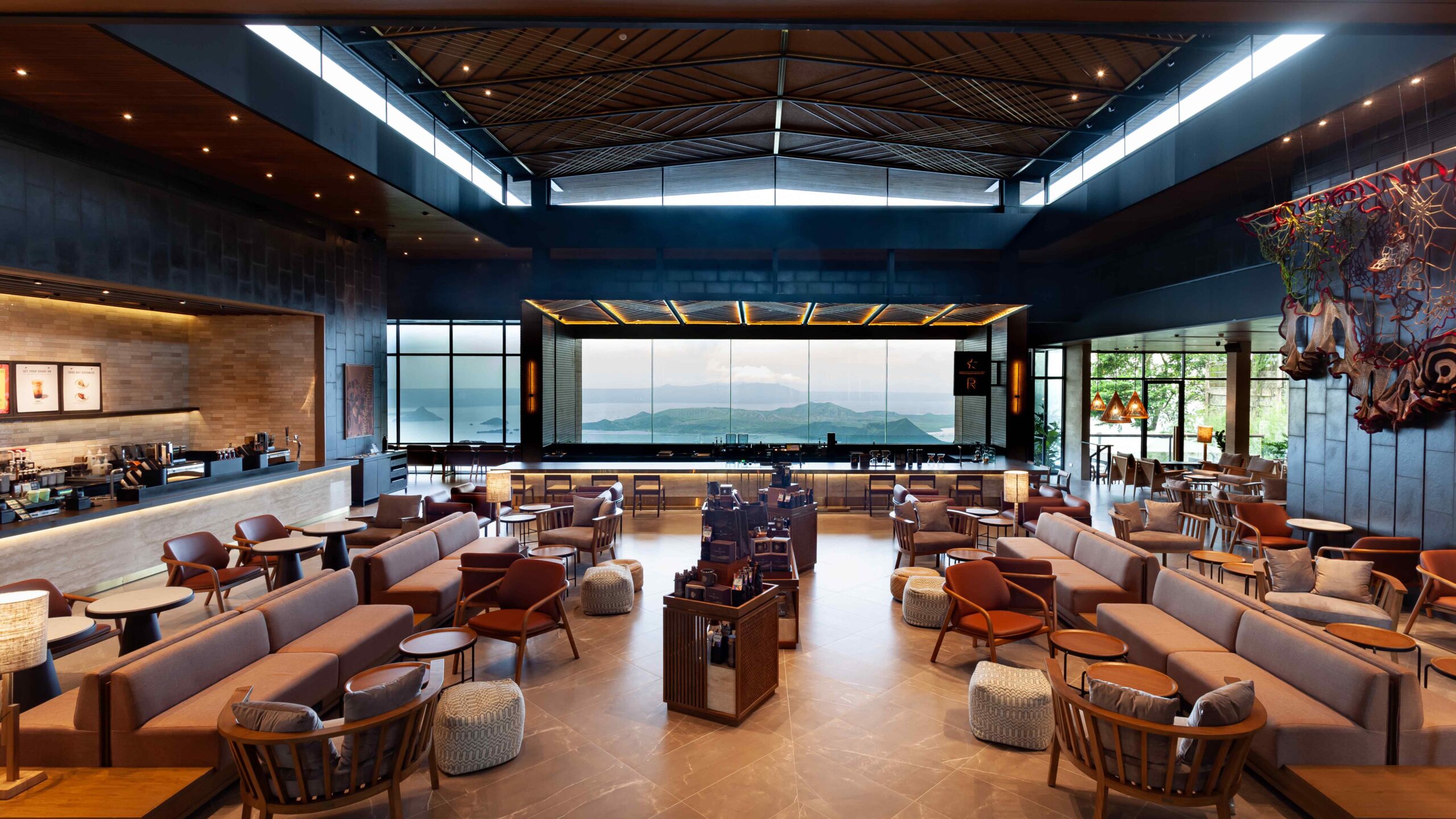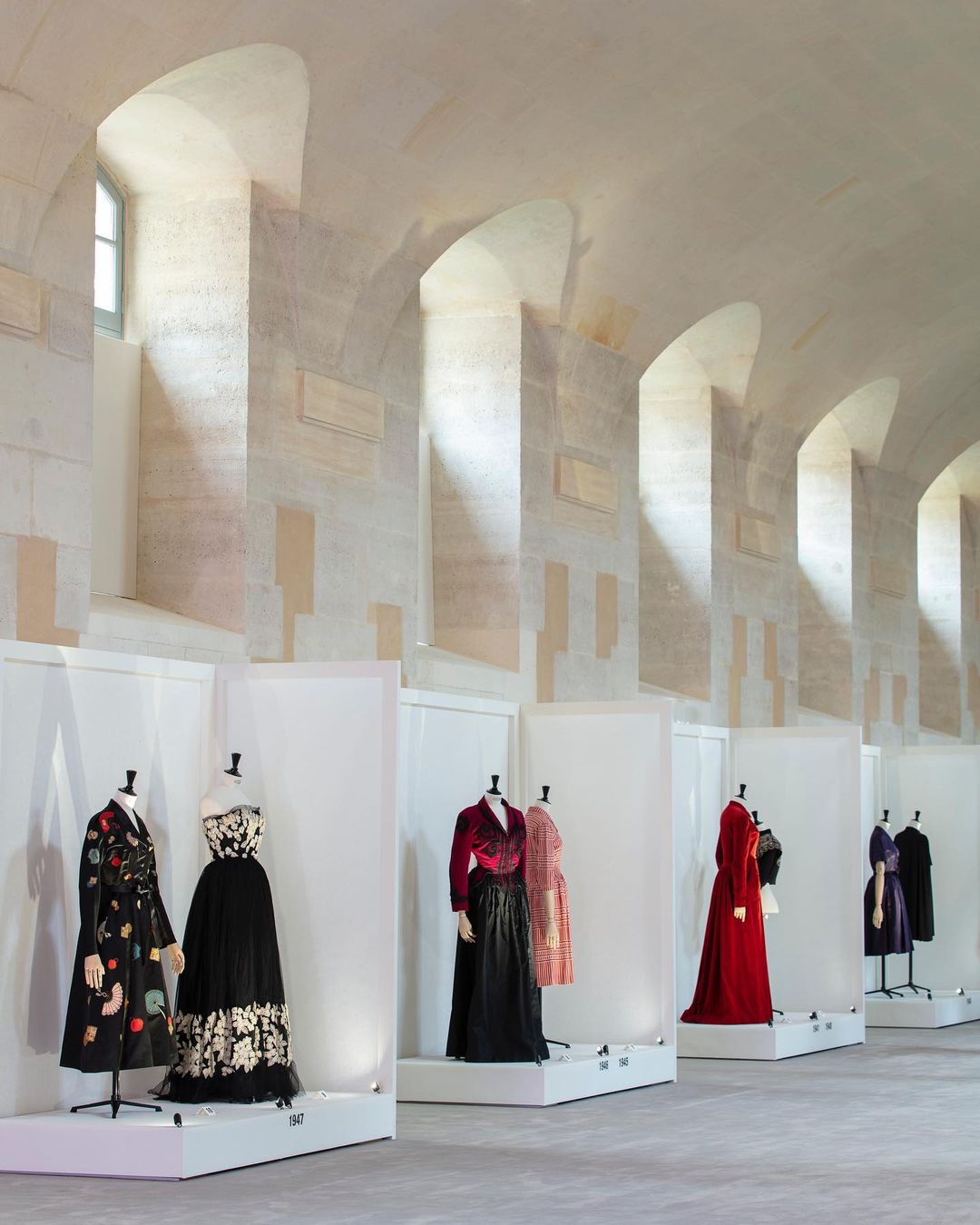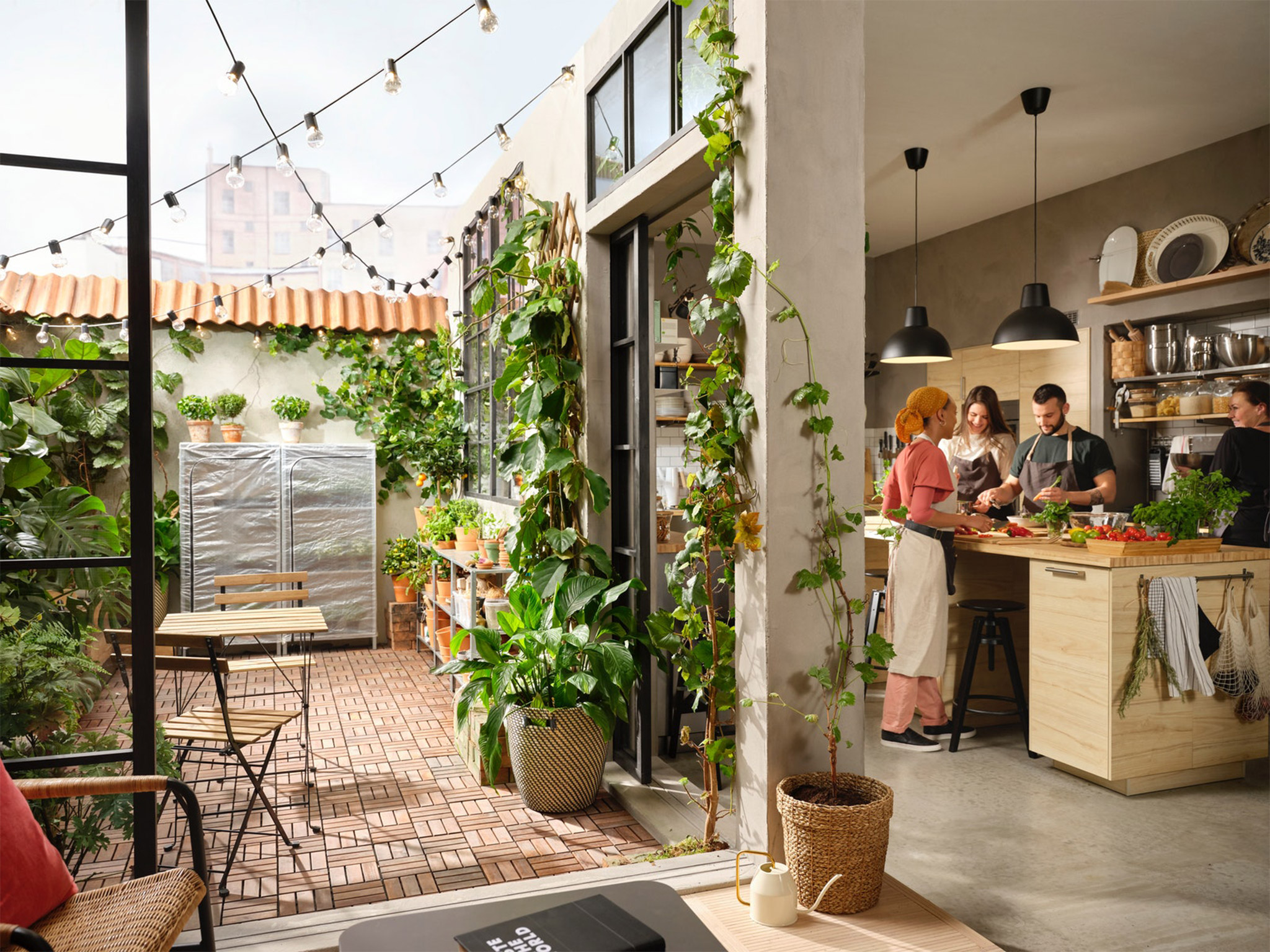With great power comes great responsibility. This is why some of the world’s biggest brands are championing sustainability.
In recent years, more and more global companies have been adopting eco-conscious practices in their operations. From using 100% biodegradable products to ethically-sourced materials, here are just some of the well-known brands that are taking steps toward a more sustainable future.
READ ALSO: From Catwalks To Conservation: Luxury Brands Strut Towards Sustainability
Starbucks
As the world’s largest coffeehouse chain, Starbucks has been developing cups that are 100% compostable and recyclable while also promoting the use of reusable cups. Along with expanding their plant-based menu items and investing in a regenerative supply chain, the brand’s stores are also going green.

In the Philippines, Starbucks is opening its first two Greener Stores, joining Singapore, Thailand, and Vietnam as pioneers in the Asia Pacific region. The branches, located in the heart of Makati, have reduced carbon emissions, water usage, and landfill waste.
Meanwhile, if you want to sip your coffee while enjoying breathtaking views of nature, Starbucks Reserve Hiraya in Tagaytay City overlooks Taal Volcano Island and the surrounding lake. The finely crafted store also makes thoughtful use of local materials and artisanal crafts.
Kering
French luxury fashion house Kering owns major labels such as Alexander McQueen, Gucci, Balenciaga, Saint Laurent, Bottega Veneta, and more. In 2022, it was the only luxury corporation included in SG Analytics’ top ten sustainable companies list.

The company advocates for sustainability at every level, shaping the future of luxury. Along with French President Emmanuel Macron, Kering chairman and CEO François-Henri Pinault launched the Fashion Pact. Working with other companies in the fashion and textile industry, the initiative aims to stop global warming, restore biodiversity, and protect the oceans.
IKEA
Known for its ready-to-assemble furniture, the Swedish household brand also follows sustainable industry practices. By 2030, IKEA aims to use only renewable or recycled materials. The company also has over 700,000 solar panels powering its stores around the world. With this, it has reached its goal to be powered by 100% renewable energy.

Even IKEA’s famous meatballs are going green, with the store developing more plant-based options. By focusing on creating more sustainable food systems, the company is working toward leaving a smaller carbon footprint.
Banner image by Jarrett Tan via Unsplash.





